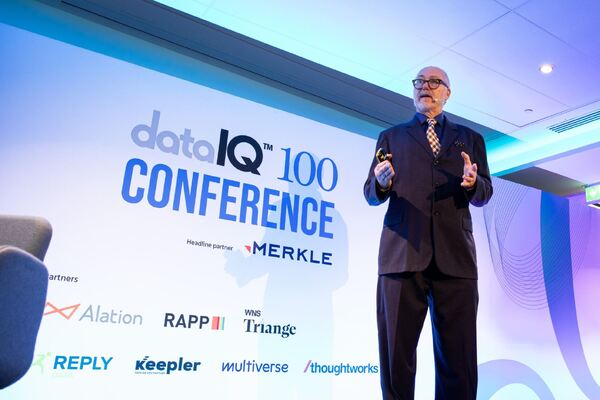Four healthcare projects share £17m in tech funding
The projects include developing artificial intelligence for bed availability in hospitals, 3D printing to create tablets, smart phone applications to improve the treatment of complex wounds, and a GPS app to track where porters and available beds are in hospitals.
The four projects are:
Satalia, which is working with Great Ormond Street Hospital, London, to use AI to schedule operating theatre use linked to downstream bed availability on ICU and wards.
Medical Data Solutions & Services, working with Manchester University NHS Foundation Trust, will deliver a programme using smartphones apps to support healthcare professionals and patients to monitor and improve treatment of long-term complex wounds.
Navenio, working with the University of Oxford, will accelerate and enhance systems to track location of porters and equipment in a hospital, for maximum efficiency, which has been described as "an Uber for porters".
And finally FABRX, in Ashford Kent, is developing a 3D printing process to manufacture tablets, allowing the desk-top production of medicines with their doses tailored to individual patients and potentially combining several medicines into a single pill.
Business Secretary Greg Clark said: "Technology is revolutionising industries across our economy, and new innovations play a key role in advancing our healthcare sector to make sure people are living longer, healthier and happier lives.
"By pooling the expertise of the public and private sectors, as highlighted through the Life Sciences Sector Deal and the modern Industrial Strategy, we are making every opportunity to reach our full potential in finding new discoveries and technologies to diagnose illnesses earlier that could lead to more lives being saved.
"The funding, through the Industrial Strategy Challenge Fund managed by UK Research and Innovation, will also support efforts to enable antibodies to be taken orally rather than through invasive injections and increasing the range of medicines that can be delivered through skin patches."
Did you find this content useful?
Thank you for your input
Thank you for your feedback
You may also be interested in
DataIQ is a trading name of IQ Data Group Limited
10 York Road, London, SE1 7ND
Phone: +44 020 3821 5665
Registered in England: 9900834
Copyright © IQ Data Group Limited 2024




